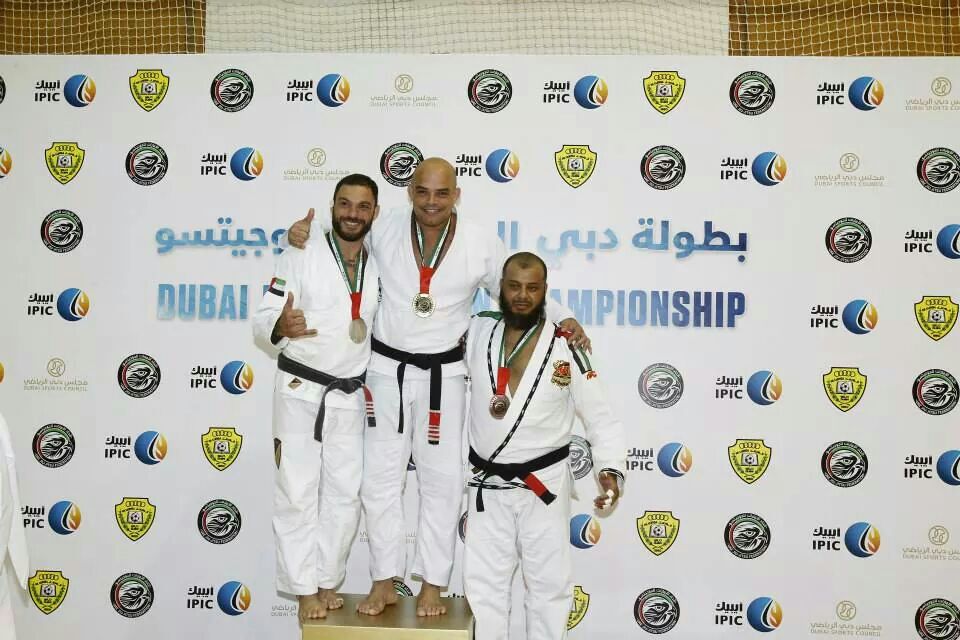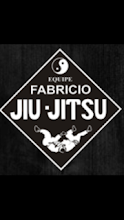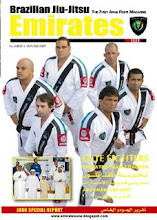sábado, 14 de janeiro de 2012
COMMON QUESTIONS INVOLVED WITH JIU-JITSU!
What is jiu-jitsu and how can it help me?
Why would I want to go to the ground when I can trade punches?
What if the guy/girl is much bigger than I am?
So you may be asking at this point, what is jiu-jitsu and what can it do for me? Jiu-Jitsu is a form of martial arts that emphasizes the use of clinching, grappling, and submission holds all facilitated through the ideals of properly trained technique and the concepts of leverage. Jiu-Jitsu is an art that originated in Japan. When the Samurai's would lose their sword in battle they quickly adapted their style using jiu-jitsu as a way to neutralize their opponents. Over the years it was passed down through generations until it migrated to Brazil. Once in Brazil a young man named Helio Gracie, limited by his slender 140lb. frame, took the japanese style and modified it to fit his body type. He then took jiu-jitsu as known in japan and created his own style emphasizing the use of leverage and proper technique. This style became to be known as Gracie Jiu-Jitsu and remained undefeated in mixed martial arts competition for almost 80 years.
The next question your probably asking is a common one: Why would I want to go to the ground, I might get knocked out that way. Isn't it much more traditional to trade punches? Tradational martial arts (as seen through the likes of Bruce Lee, the movie karate kid, etc.) was always considered stand up. Through the 70's, the 80's, and even up to the early 90's America saw kickboxing, kung-fu, boxing, and karate as the way to defeat your opponent. But there is one vivid memory in my mind that made me question the validity of stand up fighting. When I was a teenager a friend of mine used to always boast about his black belt in karate. He used to think noone could beat him because of his elite status. Well one day he picked a fight with a good wrestler. As the fight broke down he was taken down immediately by the wrestler who issued a ground and pound massacre on the karate expert. So my answer to this question is simple. Anyone can get knocked out by a single punch, but not everyone can fight on the ground. Ground fighting takes patience, skill, and perserverance. When you take a fish out of water they cannot swim and that is excatly what the wrestler did to the karate expert.
The third question I would like to address is common fear that the little man cannot defeat the bigger stronger weightlifter type. This is where jiu-jitsu shines its brightest light. As previously mentioned brazilian jiu-jitsu was designed by a man named Helio Gracie who was only a meager 140lbs. Helio used to win grueling matches against opponents 100lbs heavier than he was. Jiu-jitsu's main focus is closing the distance on the puncher, obtaining the clinch position, and working a sucessful takedown utilizing technique. Once you take your opponent to the ground the jiu-jitsu practioner has an array of submission holds. Whether the practioner is on top of his opponent, or the practioner is fighting from his back, jiu-jitsu fighters are masters of ground figthing. It is not uncommon to see a bigger figther take a jiu-jitsu practioner down to his back and think he is winning when all of a sudden the jiu-jitsu fighter swings his legs over the opponets arm or throat for a armlock or choke. I once read a quote that I believe sums up my philosophy to a que: "When we go to the ground you are in my world. The ground is the ocean and I am the shark, and most people don't even know how to swim" -unknown-
Why would I want to go to the ground when I can trade punches?
What if the guy/girl is much bigger than I am?
So you may be asking at this point, what is jiu-jitsu and what can it do for me? Jiu-Jitsu is a form of martial arts that emphasizes the use of clinching, grappling, and submission holds all facilitated through the ideals of properly trained technique and the concepts of leverage. Jiu-Jitsu is an art that originated in Japan. When the Samurai's would lose their sword in battle they quickly adapted their style using jiu-jitsu as a way to neutralize their opponents. Over the years it was passed down through generations until it migrated to Brazil. Once in Brazil a young man named Helio Gracie, limited by his slender 140lb. frame, took the japanese style and modified it to fit his body type. He then took jiu-jitsu as known in japan and created his own style emphasizing the use of leverage and proper technique. This style became to be known as Gracie Jiu-Jitsu and remained undefeated in mixed martial arts competition for almost 80 years.
The next question your probably asking is a common one: Why would I want to go to the ground, I might get knocked out that way. Isn't it much more traditional to trade punches? Tradational martial arts (as seen through the likes of Bruce Lee, the movie karate kid, etc.) was always considered stand up. Through the 70's, the 80's, and even up to the early 90's America saw kickboxing, kung-fu, boxing, and karate as the way to defeat your opponent. But there is one vivid memory in my mind that made me question the validity of stand up fighting. When I was a teenager a friend of mine used to always boast about his black belt in karate. He used to think noone could beat him because of his elite status. Well one day he picked a fight with a good wrestler. As the fight broke down he was taken down immediately by the wrestler who issued a ground and pound massacre on the karate expert. So my answer to this question is simple. Anyone can get knocked out by a single punch, but not everyone can fight on the ground. Ground fighting takes patience, skill, and perserverance. When you take a fish out of water they cannot swim and that is excatly what the wrestler did to the karate expert.
The third question I would like to address is common fear that the little man cannot defeat the bigger stronger weightlifter type. This is where jiu-jitsu shines its brightest light. As previously mentioned brazilian jiu-jitsu was designed by a man named Helio Gracie who was only a meager 140lbs. Helio used to win grueling matches against opponents 100lbs heavier than he was. Jiu-jitsu's main focus is closing the distance on the puncher, obtaining the clinch position, and working a sucessful takedown utilizing technique. Once you take your opponent to the ground the jiu-jitsu practioner has an array of submission holds. Whether the practioner is on top of his opponent, or the practioner is fighting from his back, jiu-jitsu fighters are masters of ground figthing. It is not uncommon to see a bigger figther take a jiu-jitsu practioner down to his back and think he is winning when all of a sudden the jiu-jitsu fighter swings his legs over the opponets arm or throat for a armlock or choke. I once read a quote that I believe sums up my philosophy to a que: "When we go to the ground you are in my world. The ground is the ocean and I am the shark, and most people don't even know how to swim" -unknown-


















(1)_-_Copy.jpg)